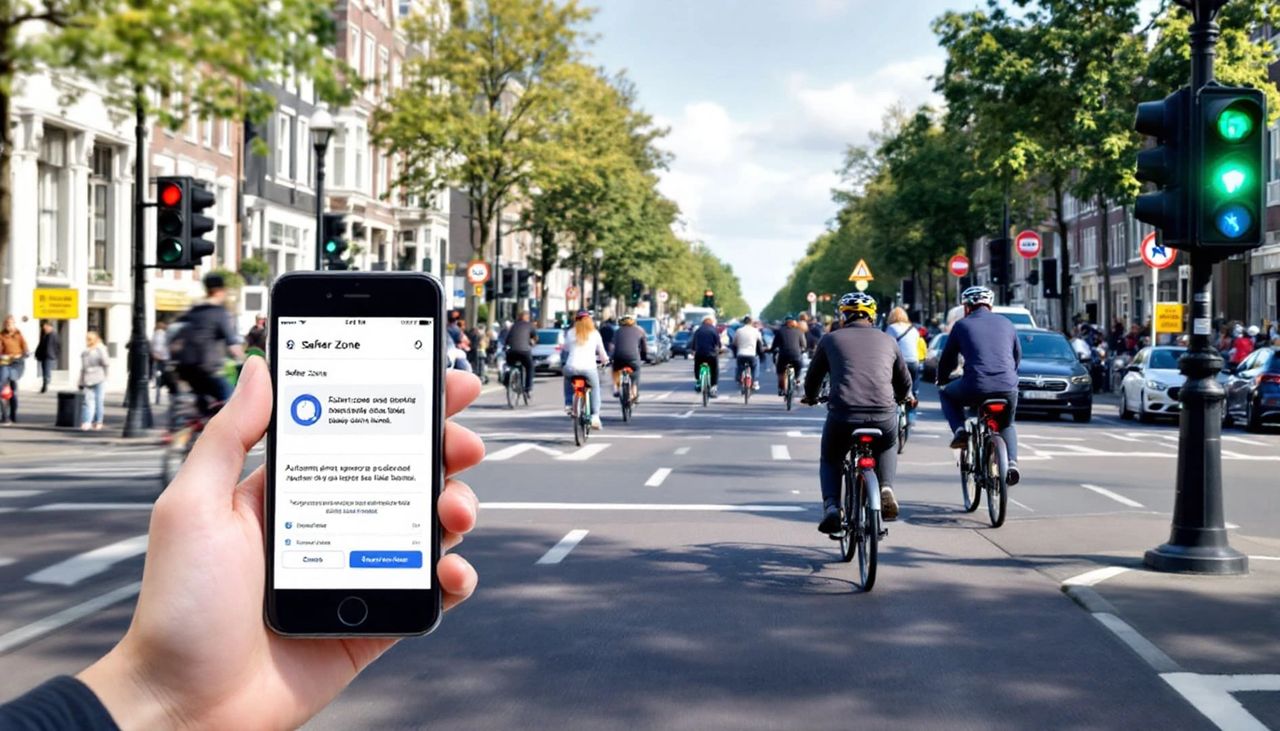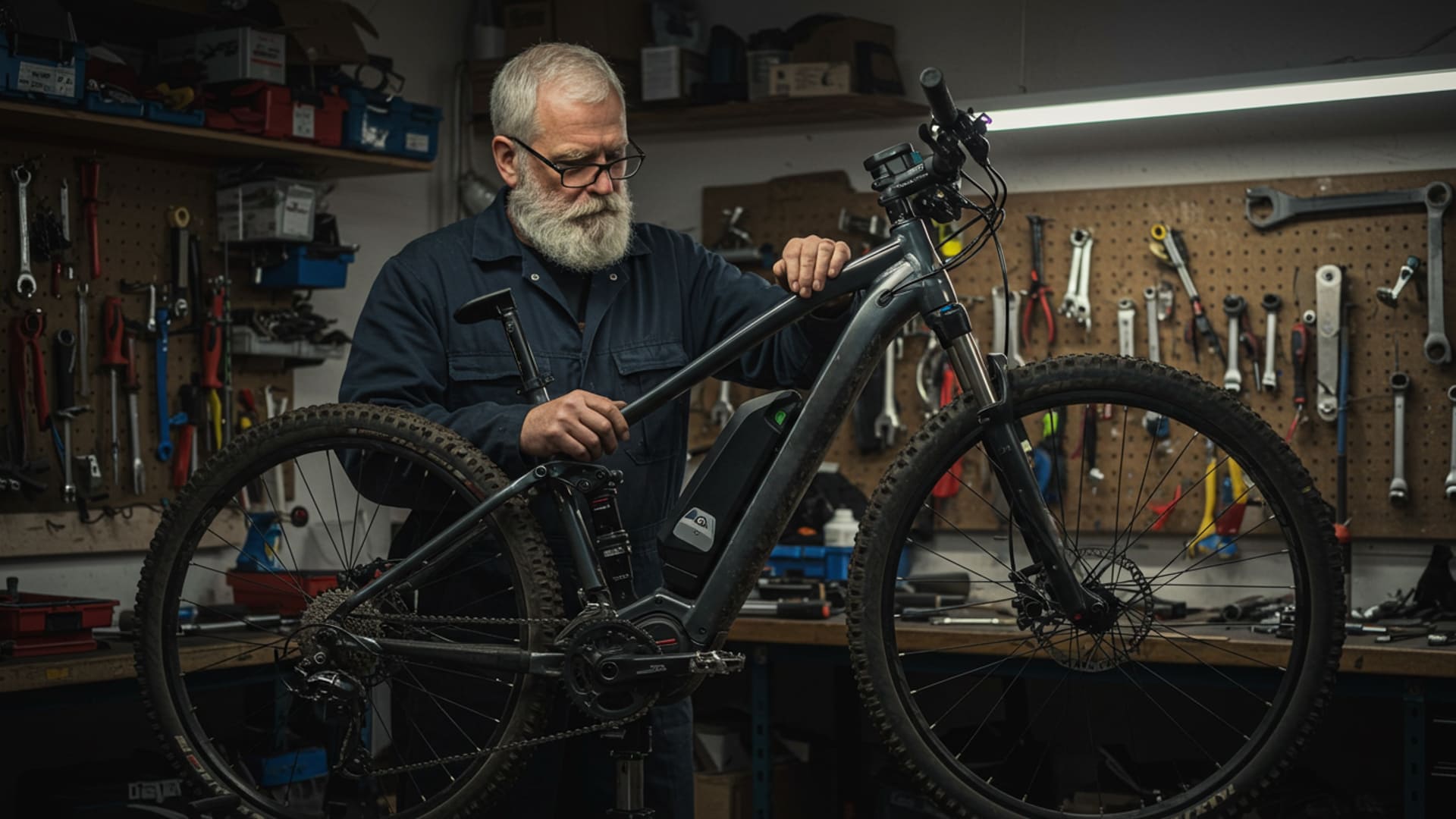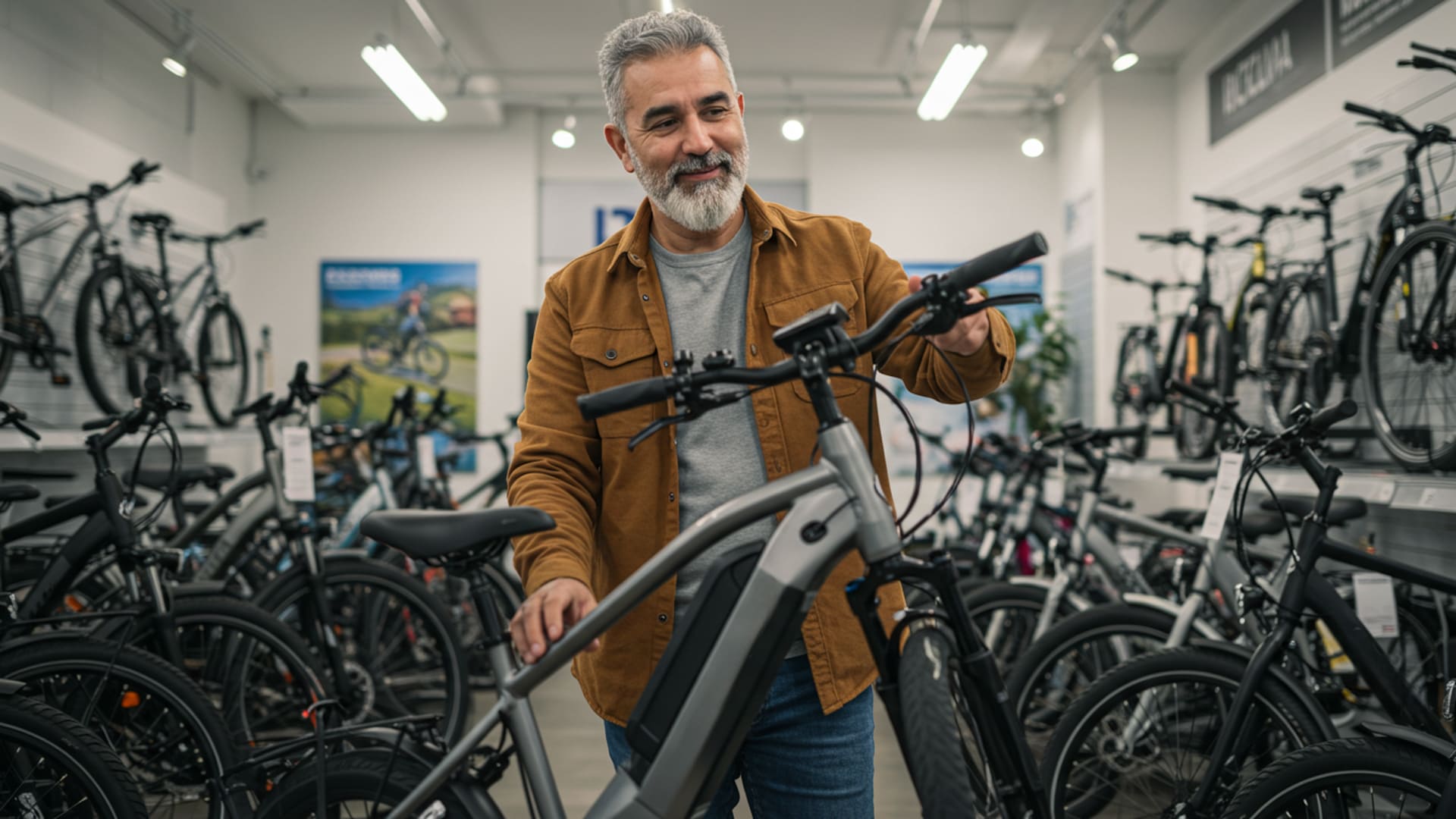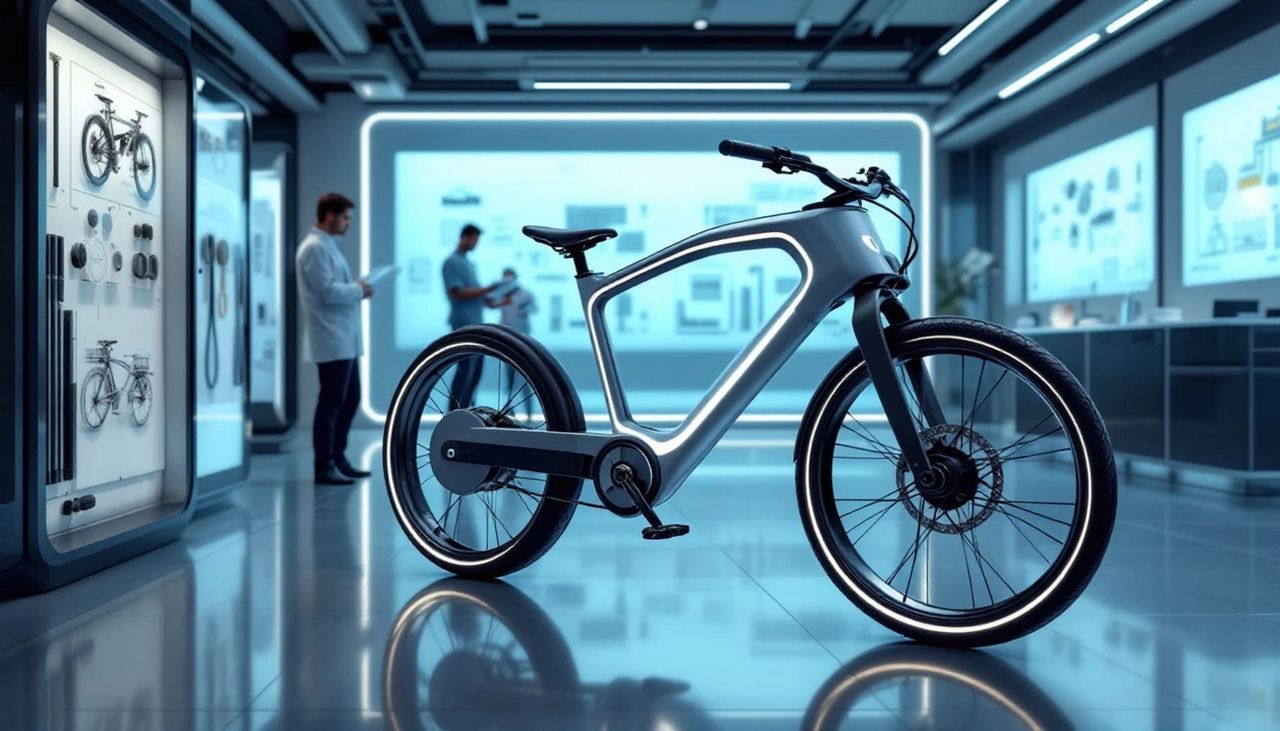As cities worldwide face the dual challenges of worsening air quality and gridlocked traffic, e-bikes are gaining traction as a cleaner, quieter, and more sustainable mode of transport. Their rise isn’t just a lifestyle trend—it’s becoming a public health and environmental imperative.
Transportation is one of the largest sources of urban air pollution. Combustion engines in cars, buses, and trucks emit carbon dioxide (CO₂), nitrogen oxides, and particulate matter, all of which contribute to smog, respiratory illnesses, and climate change. In densely populated areas, these emissions accumulate quickly, degrading the air that millions breathe daily. Switching to electric vehicles helps, but e-bikes go even further by consuming less energy, using fewer materials in manufacturing, and occupying far less space on roads.
E-bikes are uniquely positioned to reduce emissions from short-distance trips—the kind that make up the majority of urban car use. Whether it’s a daily commute, a grocery run, or a delivery route, these are precisely the journeys where e-bikes shine. Their pedal-assist systems make cycling accessible to more people, regardless of fitness level or terrain, while still encouraging light physical activity. For every short car trip replaced by an e-bike ride, there’s a meaningful reduction in carbon emissions and noise pollution.
What makes e-bikes particularly effective in tackling urban pollution is their ease of adoption. Many users find them faster than cars during rush hour and more convenient than public transit for shorter trips. Companies like Rad Power Bikes have focused on practical, utility-first models designed for everything from hauling groceries to commuting across town, while VanMoof has emphasized sleek, tech-integrated designs that appeal to professionals and city dwellers looking for a seamless mobility experience.
Municipalities are beginning to take note. Some cities, like Paris and Barcelona, have rapidly expanded protected bike lanes and restricted car access in central areas. Others, including Denver, have launched rebate programs to lower the cost barrier for e-bike adoption. These policy shifts not only make it safer to ride but also signal a growing commitment to cleaner urban transport solutions.
Moreover, the infrastructure requirements for e-bikes are minimal compared to cars or even public transit expansions. Installing secure bike racks, charging stations, and bike-priority signals costs a fraction of what it takes to build new roads or rail lines. The return on investment, however, is massive in terms of air quality improvement, public health benefits, and traffic decongestion.
In a future shaped by climate goals and sustainability metrics, e-bikes represent a practical step forward. By enabling more people to leave their cars at home—or avoid owning one altogether—they help cities breathe easier. With the right support from both the private sector and local governments, the e-bike revolution can make our air cleaner, our roads quieter, and our communities more livable.








Leave a Reply